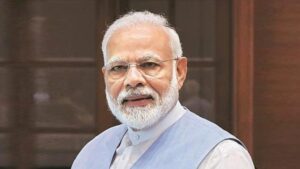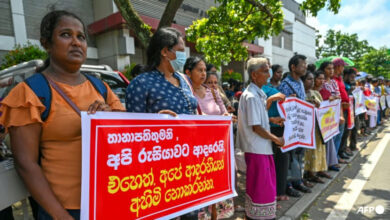Modi’s Third Term: A Balancing Act Amidst Coalition Demands
In a pivotal moment for Indian politics, Narendra Modi was sworn in for a third term as Prime Minister on June 9, despite earlier reports suggesting a June 8 ceremony. This change was officially confirmed on Thursday. Modi’s return to power, following the conclusion of a marathon 44-day, seven-phase polling process, underscores the BJP’s sustained influence despite new challenges.
Resignation and Reappointment: After the Lok Sabha election results were declared on Tuesday, Modi resigned on Wednesday, following protocol. President Draupadi Murmu accepted his resignation and requested him to continue his duties until the new government was formed. The NDA secured 292 seats, surpassing the 273-seat majority threshold but falling short of a single-party majority, necessitating reliance on coalition partners.
Shift in Power Dynamics: While the BJP maintained a strong lead, the election results marked a shift in power dynamics within the NDA. Significant losses, including the defeat of 19 ministers from the previous government, compelled the BJP to negotiate with its allies more earnestly. Key partners like the Telugu Desam Party (TDP) and Janata Dal (United) [JDU] have leveraged their support to secure critical ministerial positions and policy commitments.
Demands from Key Allies: Both Nitish Kumar of the JDU and Chandrababu Naidu of the TDP have demanded special state status for Bihar and Andhra Pradesh, respectively. This status would significantly boost central funding and development projects in these states. The demands also include multiple full ministerial positions, with both leaders eyeing influential portfolios such as Railways, Rural Development, and Water Resources.
Diplomatic Invitations: International dignitaries, including Bangladesh’s Prime Minister Sheikh Hasina, Sri Lankan President Ranil Wickremesinghe, Nepal’s Prime Minister Pushpakamal Dahal, and Bhutan’s King Jigme Khesar Namgyal Wangchuck, have been invited to the swearing-in ceremony. This underscores Modi’s strategic emphasis on regional diplomacy and reinforcing ties with neighboring countries.
Opposition’s Strategy: Meanwhile, the opposition coalition, India, led by Congress President Mallikarjun Kharge, convened in Delhi to outline their strategy. Although currently not in a position to form the government, the alliance remains committed to countering the BJP’s policies and preparing for future electoral opportunities. The coalition’s leadership, including Sonia Gandhi, emphasized their role in safeguarding democratic values and addressing issues like inflation and unemployment.
Political Uncertainty and Strategic Negotiations: Modi’s administration faces the challenge of balancing coalition demands while pursuing its policy agenda. The internal dynamics of the NDA, with smaller parties like Chirag Paswan’s faction and Eknath Shinde’s Shiv Sena also making ministerial demands, add layers of complexity to governance. The BJP’s willingness to negotiate and make concessions reflects the pragmatic approach necessary to maintain a stable government amidst a diverse coalition.
As Modi embarks on his third term, the interplay of coalition politics, regional demands, and international diplomacy will shape India’s political landscape, presenting both opportunities and challenges for the administration.



![Mumtaz Zahra Baloch, spokesperson for Pakistan's Foreign Ministry, says the country believes in constructive dialogue with the US [Courtesy of Pakistan Ministry of Foreign Affairs]](https://southasiancorrespondent.com/wp-content/uploads/2024/06/pak-1-390x220.jpg)

